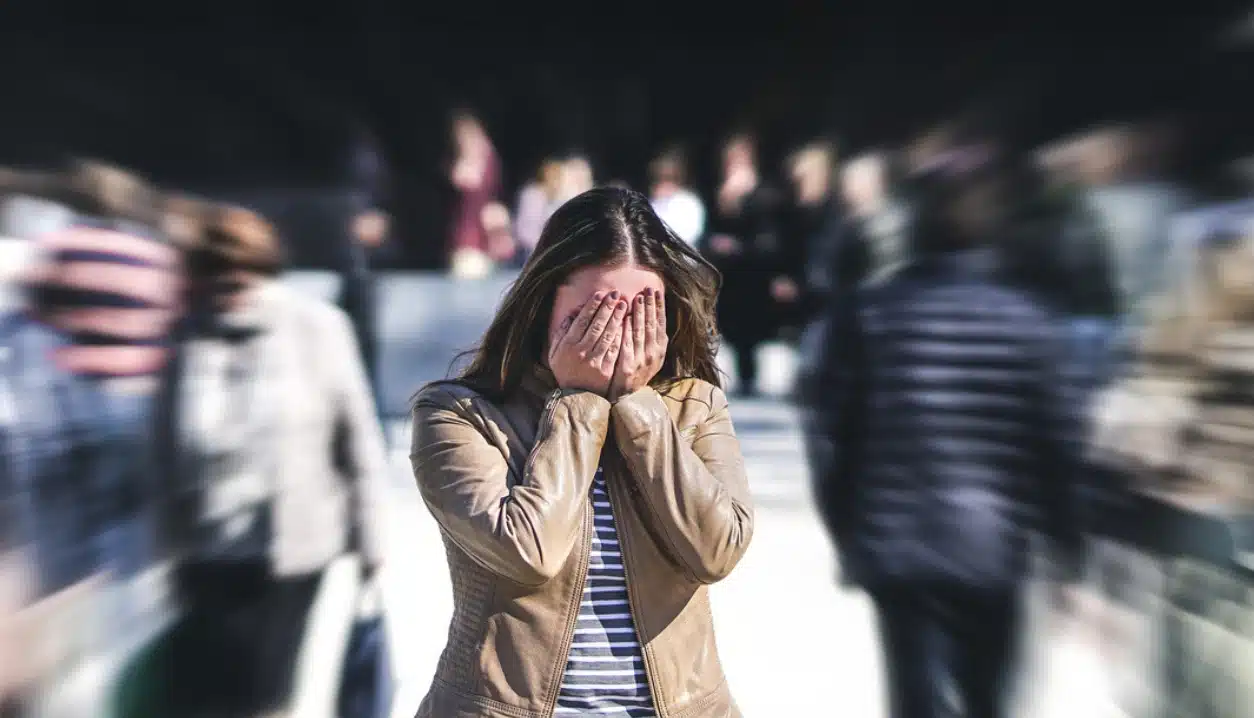Alcohol and Panic Attacks: Is There a Link?
Our Centres
Rehab in Scotland

Google Reviews
5
Rehab in Greater London

Google Reviews
4.5
Rehab in the Midlands

Google Reviews
4

